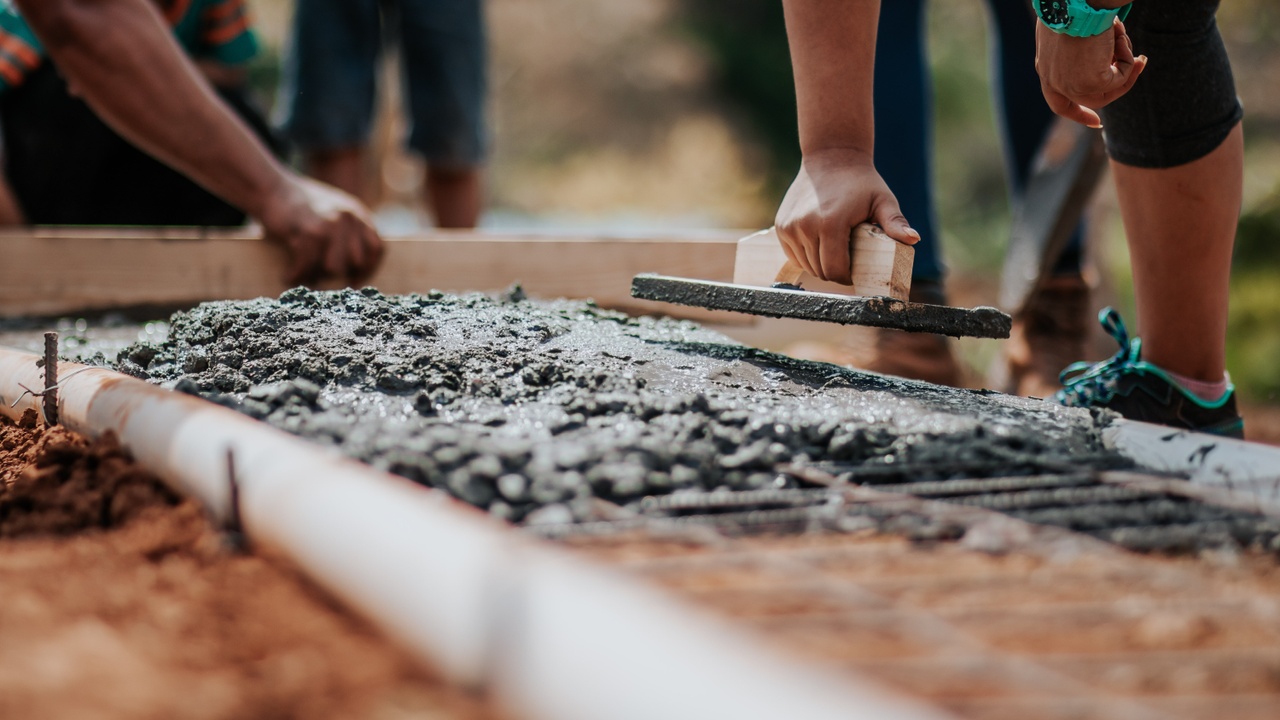How USAID is Making Local Development a Priority

The global development and humanitarian challenges we face today are widespread, complex, and interrelated. Further, local challenges have unique complexities, and ultimately require equitable, inclusive, and sustainable responses based on community relevance. To build suitable responses to our global challenges, we should consider the priorities, knowledge, lived experiences, aspirations and expertise of people who themselves live through these daily challenges.
USAID recognizes the importance of creating and strengthening partnerships that promote development and diplomacy efforts. But how is USAID prioritizing locally-led development?
The answer to these questions lies partly with the USAID Local Faith and Transformative Partnerships (LFT) Hub. The LFT Hub promotes USAID’s development and diplomacy objectives through diverse and non-traditional partnerships, working closely with the USAID New Partnership Initiative (NPI). According to USAID, locally-led development is where local actors, including individuals, communities, networks, organizations, private entities and governments, set their development priorities, develop and implement solutions that bring the capacity, leadership, and resources to make solutions a reality.
The LFT HUB provides a way for USAID to make intentional changes to development policies, processes, staffing, and funding decisions to ensure its partnership programs equitably empower local actors, strengthen local systems, and facilitate local leadership. In return, partnerships with local faith-based organizations, minority-serving institutions, schools, foundations, hospitals, cooperatives, diaspora communities, and volunteer organizations become stronger.
USAID’s formal local capacity development policy aiming to support local actors is forthcoming. The policy will ensure effective capacity development and humanitarian assistance is within the rights of local contexts, and relevant for local communities to lead the transformation required of their unique situation. In the meantime, USAID is deploying several tools to capture the benefits of locally-led development that aid with local project design, implementation, monitoring and evaluation during their programming cycle. USAID is also ensuring partners are providing USAID with a final evaluation that helps determine local financing needs, and also that continuous capacity building is available.
USAID’s ultimate aim in its local development work is to help all partners overcome financial capacity challenges and obtain equitable resources. Additionally, USAID has developed a locally-led development checklist, adapted from Save the Children and Oxfam’s Local Engagement Assessment Framework (LEAF). The checklist helps USAID “pause and reflect” to consider and adopt locally-led approaches at every stage of development. This checklist has three main steps: (1) Preparation, (2) Facilitation and (3) Follow-up. At each stage, USAID project developers are encouraged to think critically about power dynamics, ensuring all discussions are equitable and relatable to relevant stakeholders. Ideally relying on the checklist facilitates more locally-led interaction through localization, learning, and stronger partnerships.
USAID’s success in funding long-term development will depend on the quality of their locally-led partnerships, and in particular, the process they use to influence development interventions. Relying on the power of partnerships at each layer of their interactions will build greater trust between international NGOs, local partners, contracting communities, and other donors, and enhance the potential for substantive change. Helping to encourage local actors’ leadership, ownership, and power over their own communities’ development will be key. It remains to be seen how USAID will implement some of these efforts in their forthcoming policy.
Want to see more perspectives on Locally-Led Development? Check out Connective Impact’s Concordia Annual Summit panel discussion on How Local Diversified Partnerships Can Be the Key to Long-Term Development, together with Imago Dei Fund, PAI and Diageo.
Special thanks to Kazi Remote for blog writing support.
Stay connected with news and updates!
Join our mailing list to receive the latest news and updates from our team.
Don't worry, your information will not be sold or shared.

